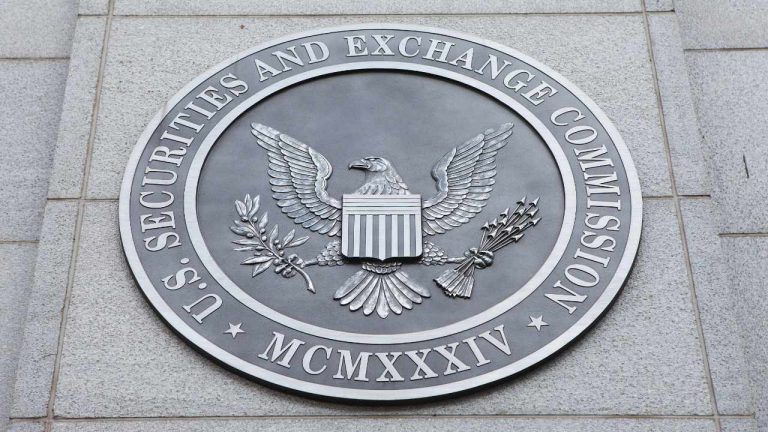
The lawyer for two OpenSea users who accused the platform of selling them securities told Cointelegraph they “had no choice but to dismiss the pending case.”
Two OpenSea users accusing the non-fungible token marketplace of selling unregistered securities have dropped their proposed class-action lawsuit after a judge allowed the firm to demand arbitration.
On Nov. 7, Anthony Shnayderman and Itai Bronshtein filed a voluntary dismissal of their securities suit against Ozone Networks, which does business as OpenSea, in a Florida federal court after Judge Cecilia Altonaga allowed OpenSea to file a motion to compel the pair into arbitration in an order last month.
OpenSea had held firm that it would compel the two users into arbitration, claiming in an October filing that they agreed to its terms of use that say all claims would be resolved by an arbitrator — including if the claims should be arbitrated in the first place.











